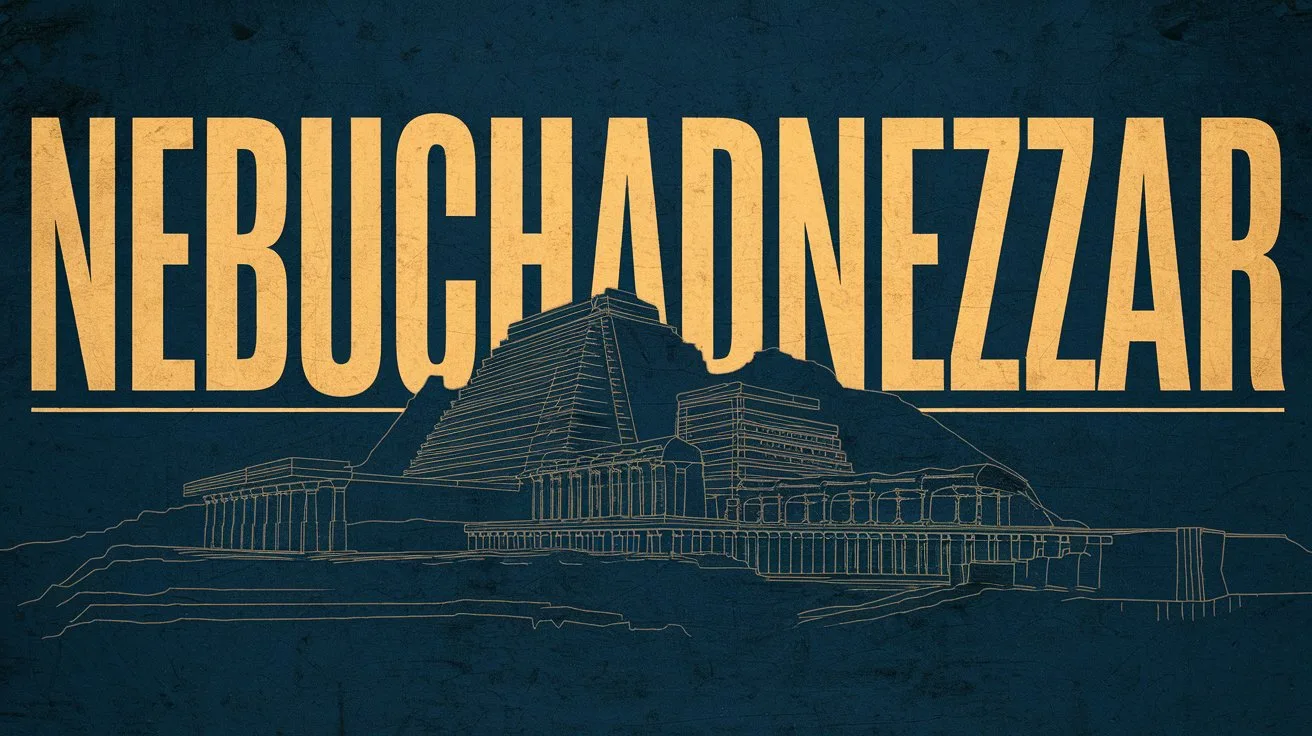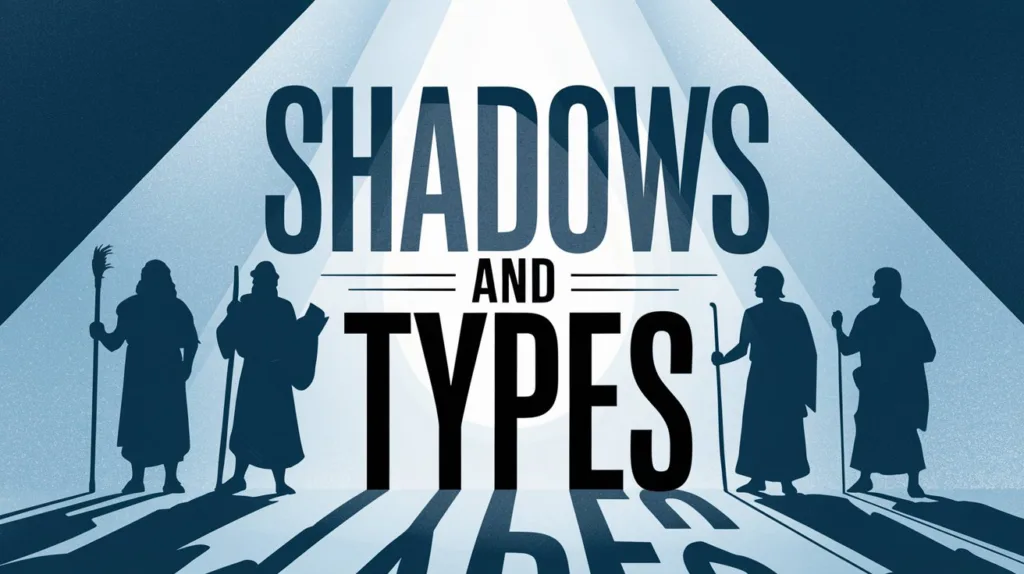Nebuchadnezzar is one of the most powerful and complex figures in Scripture. He was a mighty king, yet a man of deep pride. He was a conqueror who built an empire, yet he was ultimately humbled by God. His story is one of glory, arrogance, judgment, and redemption. Though he ruled over Babylon at its peak, he learned the hard way that the Most High rules over the kingdoms of men.
Who Was Nebuchadnezzar?
Nebuchadnezzar II reigned over Babylon from 605 B.C. to 562 B.C., leading it to dominance in the ancient world. He was the son of Nabopolassar, the founder of the Neo-Babylonian Empire. During his reign, Nebuchadnezzar expanded Babylon’s territory through military conquest, made it the most magnificent city of its time, and established its reputation as a world power.
Historically, he is credited with the construction of the Hanging Gardens of Babylon, considered one of the Seven Wonders of the Ancient World. However, in the Bible, he is most known for his encounters with Daniel, his role in the destruction of Jerusalem, and the dramatic way in which God humbled him for his pride.
The Conqueror of Judah
One of Nebuchadnezzar’s most significant actions was his conquest of Judah, which occurred in three stages. The first siege, in 605 B.C., resulted in the first wave of captives being taken to Babylon, including Daniel and his three friends. The second, in 597 B.C., led to the capture of King Jehoiachin and more exiles, including Ezekiel. Finally, in 586 B.C., Nebuchadnezzar’s army destroyed Jerusalem and the Temple, bringing an end to the kingdom of Judah and fulfilling God’s judgment upon His rebellious people.
This destruction was foretold by the prophet Jeremiah, who referred to Nebuchadnezzar as “God’s servant” (not because he was righteous, but because God was using him as an instrument of judgment). Yet, despite being chosen for this purpose, Nebuchadnezzar was not exempt from God’s justice himself.
The Dream of the Statue
At the height of his reign, Nebuchadnezzar had a troubling dream that none of his magicians could interpret. Enraged, he ordered the death of all the wise men in Babylon unless someone could both tell him the dream and explain its meaning.
Daniel, a young Hebrew captive, sought God in prayer, and the mystery was revealed to him. The dream was a prophecy of future world empires. Nebuchadnezzar had seen a giant statue:
The head of gold represented Babylon.
The chest of silver represented Medo-Persia.
The thighs of bronze represented Greece.
The legs of iron represented Rome.
The feet of iron mixed with clay represented a divided kingdom.
Finally, a stone cut without hands (God’s kingdom) crushed the statue and ruled forever.
Though Nebuchadnezzar was impressed and acknowledged the wisdom of God, he did not fully humble himself. Instead, his pride would lead him to directly challenge the vision by making an idol of himself.
The Fiery Furnace
Despite Daniel’s interpretation of the dream, Nebuchadnezzar built a 90-foot gold statue and demanded that everyone worship it. This act of arrogance was not only idolatry, but also an attempt to establish his own kingdom as eternal.
When Shadrach, Meshach, and Abed-Nego refused to bow, Nebuchadnezzar’s anger burned against them, and he had them thrown into a fiery furnace. However, to his astonishment, he saw four men walking in the fire, with one who “looked like the Son of God.”
At this miracle, Nebuchadnezzar once again praised the God of Israel, but his heart was still full of pride. He acknowledged God’s power, but had not yet surrendered to Him.
The Humbling of the King
God had given Nebuchadnezzar multiple warnings about his pride, but he refused to listen. Then, one night, he had another dream: a vision of a great tree that was cut down, leaving only a stump.
Daniel interpreted the dream as a prophecy that Nebuchadnezzar would be driven from his throne, lose his sanity, and live like an animal until he acknowledged that God alone is our authority. Daniel even pleaded with him to repent to avoid this judgment.
A year passed, and Nebuchadnezzar forgot the warning. One day, as he walked through his palace, he boasted,
“Is not this great Babylon, that I have built for a royal dwelling by my mighty power and for the honor of my majesty?” (Daniel 4:30)
At that moment, God’s judgment fell upon him. He lost his mind and was driven away from his kingdom. For seven years, Nebuchadnezzar lived like a beast, eating grass, his hair growing long like eagles’ feathers, and his nails like claws.
But after the appointed time, he lifted his eyes to heaven, and his reason was restored. He then made one of the most profound declarations in all of Scripture:
“Now I, Nebuchadnezzar, praise and extol and honor the King of heaven, all of whose works are truth, and His ways justice. And those who walk in pride He is able to put down.” (Daniel 4:37)
Nebuchadnezzar finally understood what no earthly power could teach him: God alone is King, and no man can stand against Him.
The End of His Reign
Nebuchadnezzar ruled for several more years before his death in 562 B.C.. After his passing, his kingdom quickly weakened. His successors were incompetent, and within 23 years, Babylon fell to the Medo-Persians, fulfilling Daniel’s prophecy.
The once-great empire that Nebuchadnezzar had boasted about was no more. But unlike Babylon, God’s kingdom endures forever.
Lessons from Nebuchadnezzar’s Life
Nebuchadnezzar’s life teaches us that God has authority over all kings and nations. Even the most powerful ruler on earth was humbled in an instant when he refused to recognize his God. His life is a warning that pride leads to destruction, and no one is exempt from God’s judgment. But it is also a testimony of God’s mercy, because when Nebuchadnezzar finally repented, he was restored.
The world today is full of leaders and nations that exalt themselves in defiance of God, just as Nebuchadnezzar did. But their fate will be the same if they do not humble themselves before the King of Kings. The message is clear: The Most High rules in the kingdom of men, and He gives it to whomever He wills. (Daniel 4:17)
My Final Thoughts
Nebuchadnezzar was a man of great power, but he had to learn that all power belongs to God. He is a reminder that no one is too powerful to fall, but no one is too far gone to be restored if they repent. He went from being a proud king who exalted himself to a humbled man who worshiped the true God. This is the same journey that every person must take: to recognize that we are nothing without Him and that only in surrendering to Christ do we find true wisdom and peace.





 Get the book that teaches you how to evangelize and disarm doctrines from every single major cult group today.
Get the book that teaches you how to evangelize and disarm doctrines from every single major cult group today.